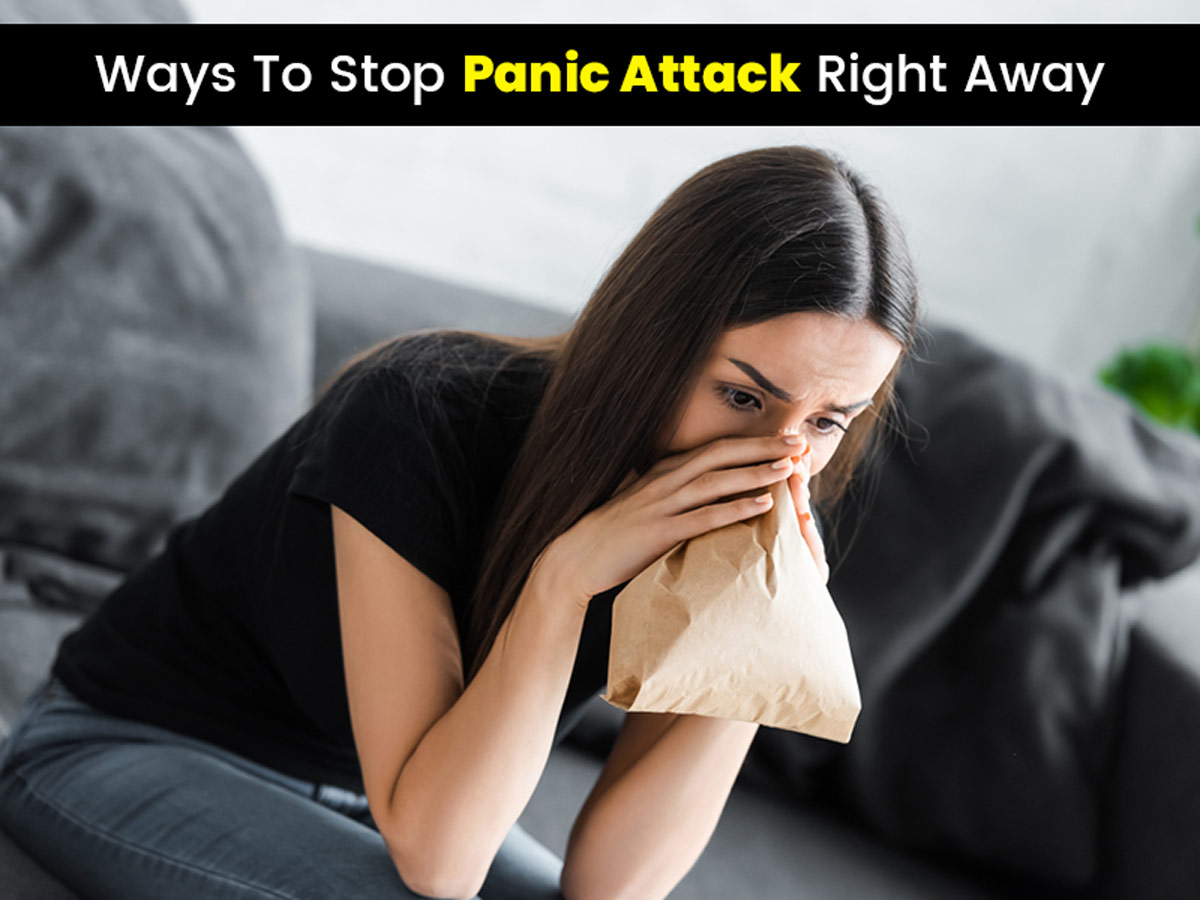Panic attacks can be incredibly overwhelming and disruptive, causing intense feelings of fear and anxiety. They may occur unexpectedly, making it difficult for those who suffer from them to predict and avoid situations that trigger their symptoms. For this reason, it is crucial to understand the triggers of panic attacks and learn how to reduce their frequency. In this article, we explore common triggers of panic attack (napadaj panike), and provide practical tips on how to manage them.
1. Stress
Stress is a known trigger of panic attacks. It can be triggered by a variety of stressors, both physical and emotional, such as work, money, relationships, and health issues. To manage stress, try incorporating relaxation techniques such as deep breathing, meditation, or yoga into your daily routine. It can also be helpful to engage in regular exercise to help reduce stress and promote relaxation.
2. Trauma
PTSD (Post-Traumatic Stress Disorder) and other past traumas can be the root cause of panic attacks. If you have experienced a traumatic event, it is important to seek help from a mental health professional. Talking about your trauma with a therapist can help you work through your emotions and reduce the intensity of your panic attacks.
3. Phobias
Phobias are intense, irrational fears of specific objects or situations that can trigger panic attacks. Avoiding the trigger is not an effective long-term solution; instead, work with a therapist to overcome your phobia through exposure therapy. This involves gradually exposing yourself to the situation or object that triggers your fear in a safe and controlled environment until you are no longer terrified.
4. Substance Abuse
Drug or alcohol abuse can trigger panic attacks, and sobriety may be essential to managing these symptoms in some cases. If you struggle with substance abuse, seek help from a professional or attend peer-led support groups such as Alcoholics Anonymous or Narcotics Anonymous for additional support.
5. Health Concerns
Physical health concerns, such as heart, lung, or neurological issues, can also trigger panic attacks. If you have any health concerns, speak with your doctor to rule out any underlying medical conditions. Additionally, practicing healthy behaviors, such as getting enough sleep, exercise, and following a healthy diet, can make a significant impact on reducing panic symptoms.
Conclusion:
It’s important to understand that panic attacks are not your fault, and you don’t have to suffer through them alone. Understanding your triggers and seeking the help of a mental health professional can make a significant difference in managing the frequency and intensity of your panic attacks. Incorporating relaxation techniques, exercise, and healthy habits into your daily life can also help manage stress and reduce the intensity of panic symptoms. Remember, there is hope for recovery and you deserve to live a life free from panic attacks.
